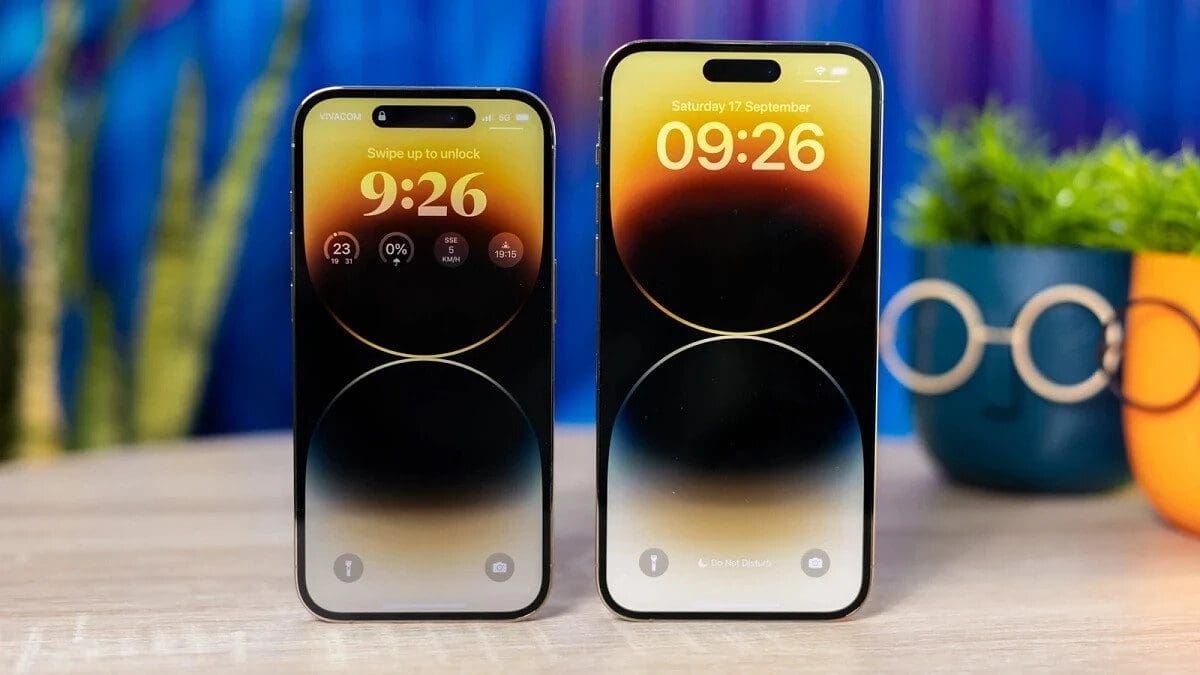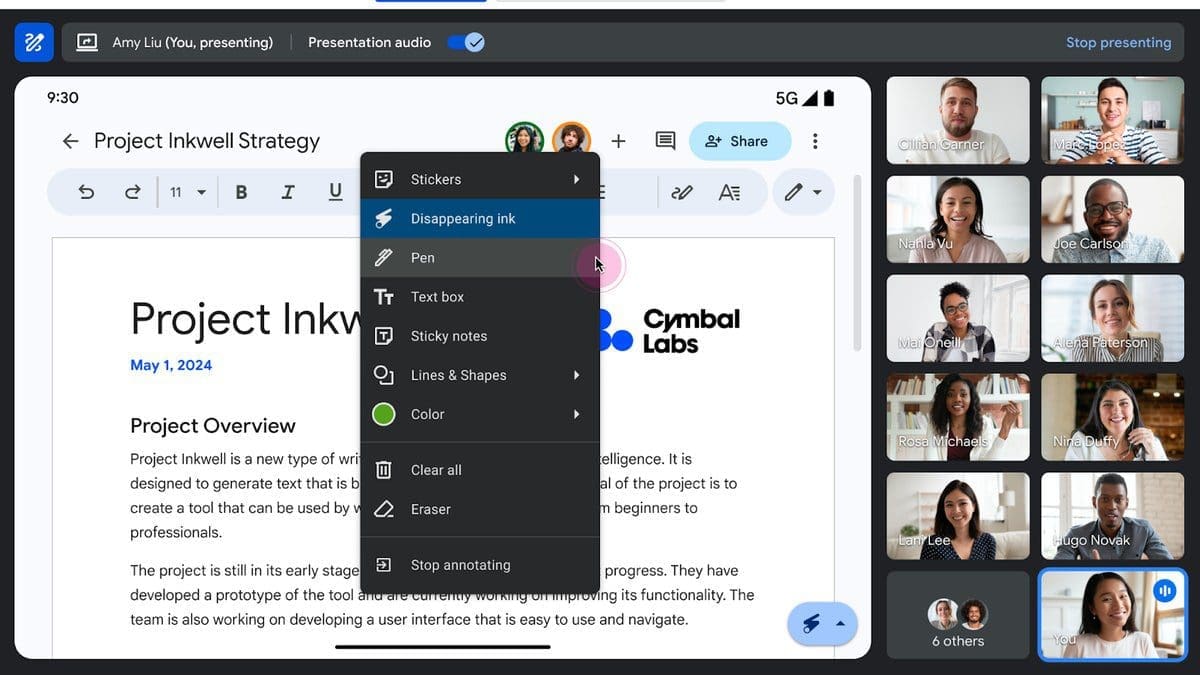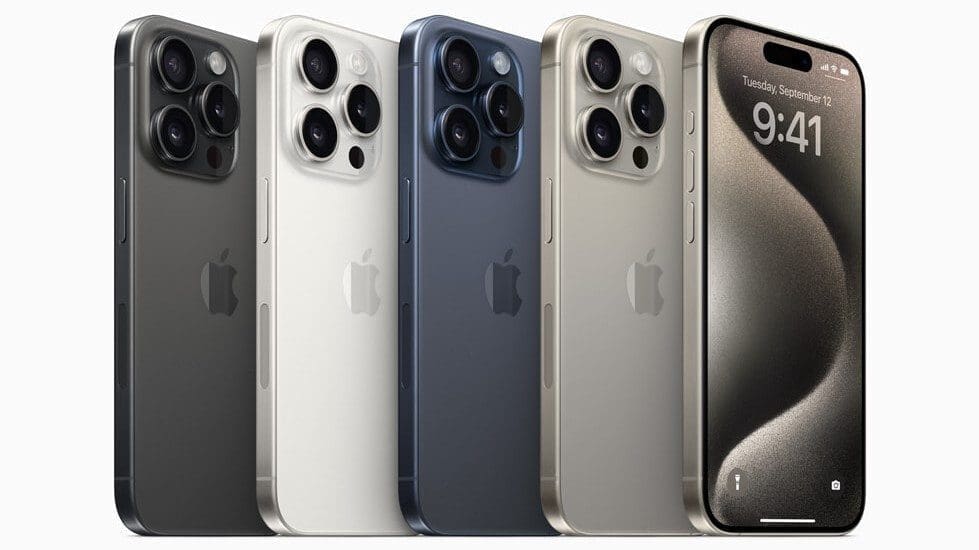The unveiling of the Mate 60 Pro was a significant moment for China as it marked the return of a Huawei phone equipped with a homegrown 5G chipset after three years. The Kirin 9000s chip was produced by China’s largest foundry, SMIC, using a 7nm process node. It is worth noting that China has been banned from receiving the extreme ultraviolet lithography (EUV) machine, which is essential for etching thin circuit patterns on silicon wafers during the production of chips using the 7nm mode and smaller.
Huawei, similar to how it circumvented U.S. software bans, seems to have found a way to bypass U.S. regulations that forbid the company from obtaining cutting-edge chips from top global foundries. This development is connected to the efforts made by China’s central government agencies to reduce reliance on foreign technology. The use of Huawei’s Kirin chips in the Mate 60 Pro represents a major step in this direction.
China’s central government agencies have recently informed their employees about a new directive regarding smartphones. The directive aims to encourage the use of domestically designed and built phones, reflecting China’s focus on autonomy in technology and concerns about cybersecurity. Notably, this is similar to the U.S.’s ban on Huawei devices due to fears of potential backdoors and data security risks. Huawei and ZTE are considered national security threats in the U.S.
While the ban affecting China’s central government agencies may lead to a decrease in iPhone usage among employees, it is unlikely to impact iPhone sales in the country overall. China remains the largest smartphone market in the world, surpassing both India and the U.S. Additionally, Apple is a major contributor to job creation in China through its contract manufacturers and suppliers. The iPhone enjoys a strong presence in the premium handset segment in China, contributing to 19% of Apple’s overall revenue.
In conclusion, China’s push for the use of locally designed and built phones within its government agencies reflects its desire for technological autonomy and concerns about cybersecurity. Meanwhile, Huawei’s Mate 60 Pro launch with its in-house 5G chip signifies a significant step towards reducing reliance on foreign technology. Despite the ban, the iPhone is expected to maintain its popularity among consumers in China.











